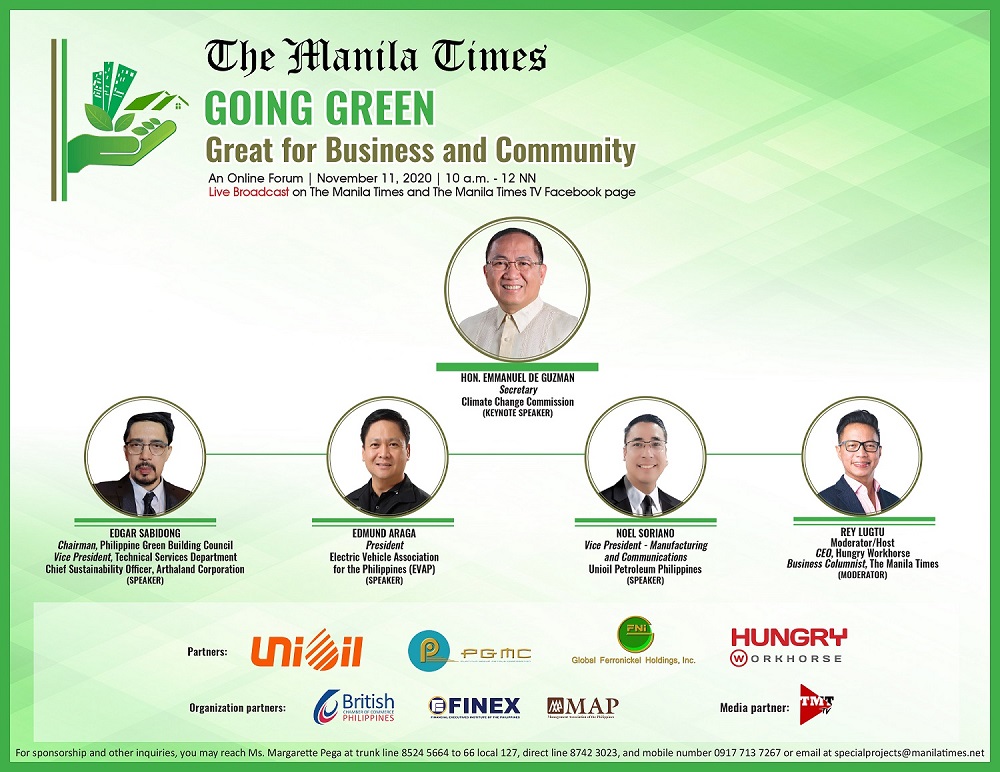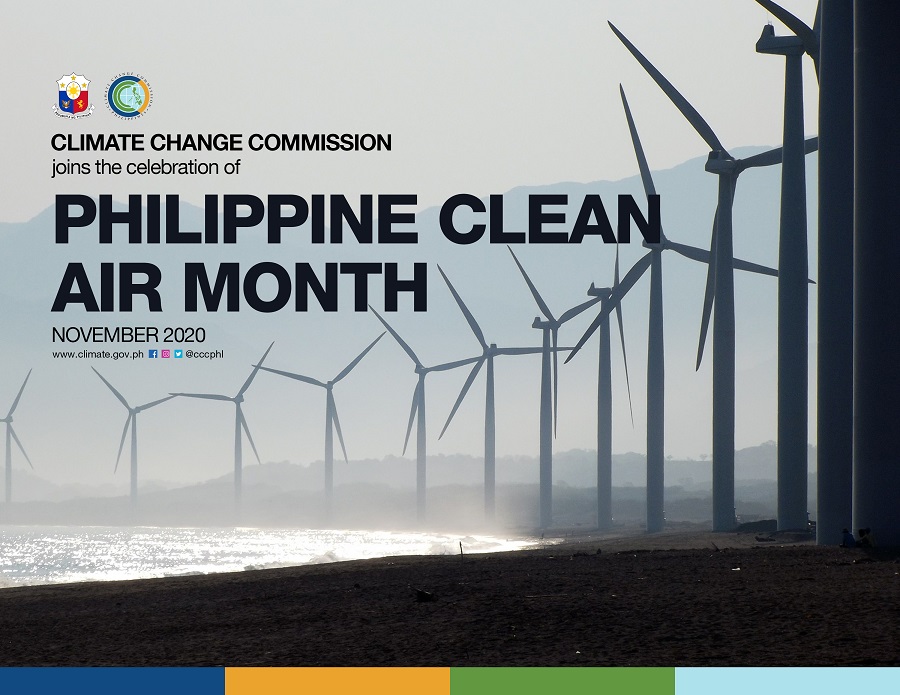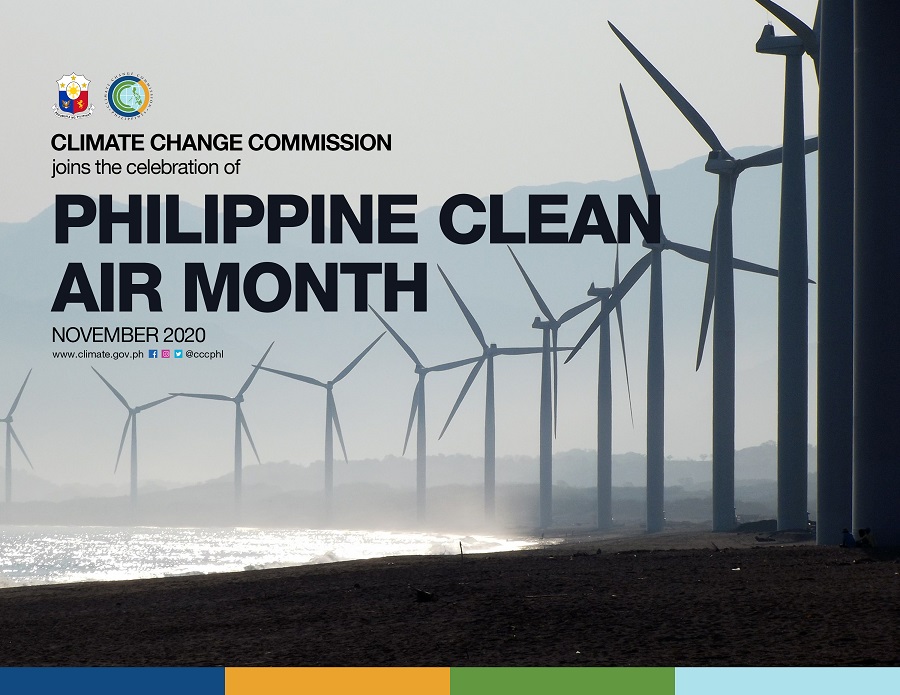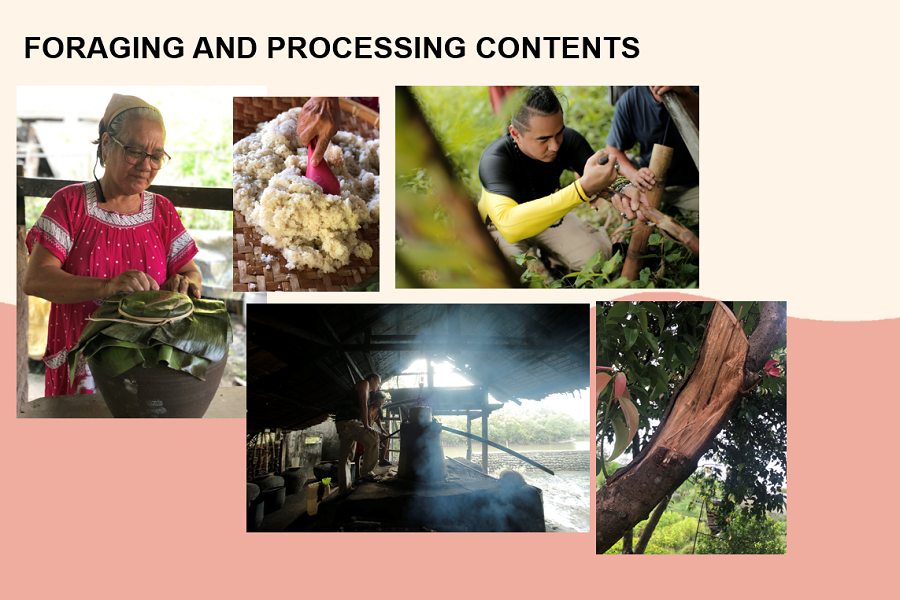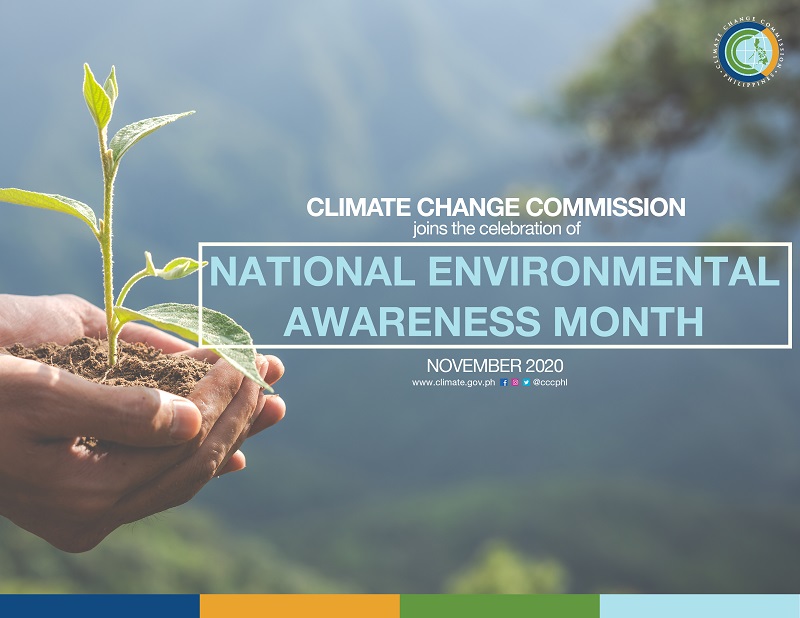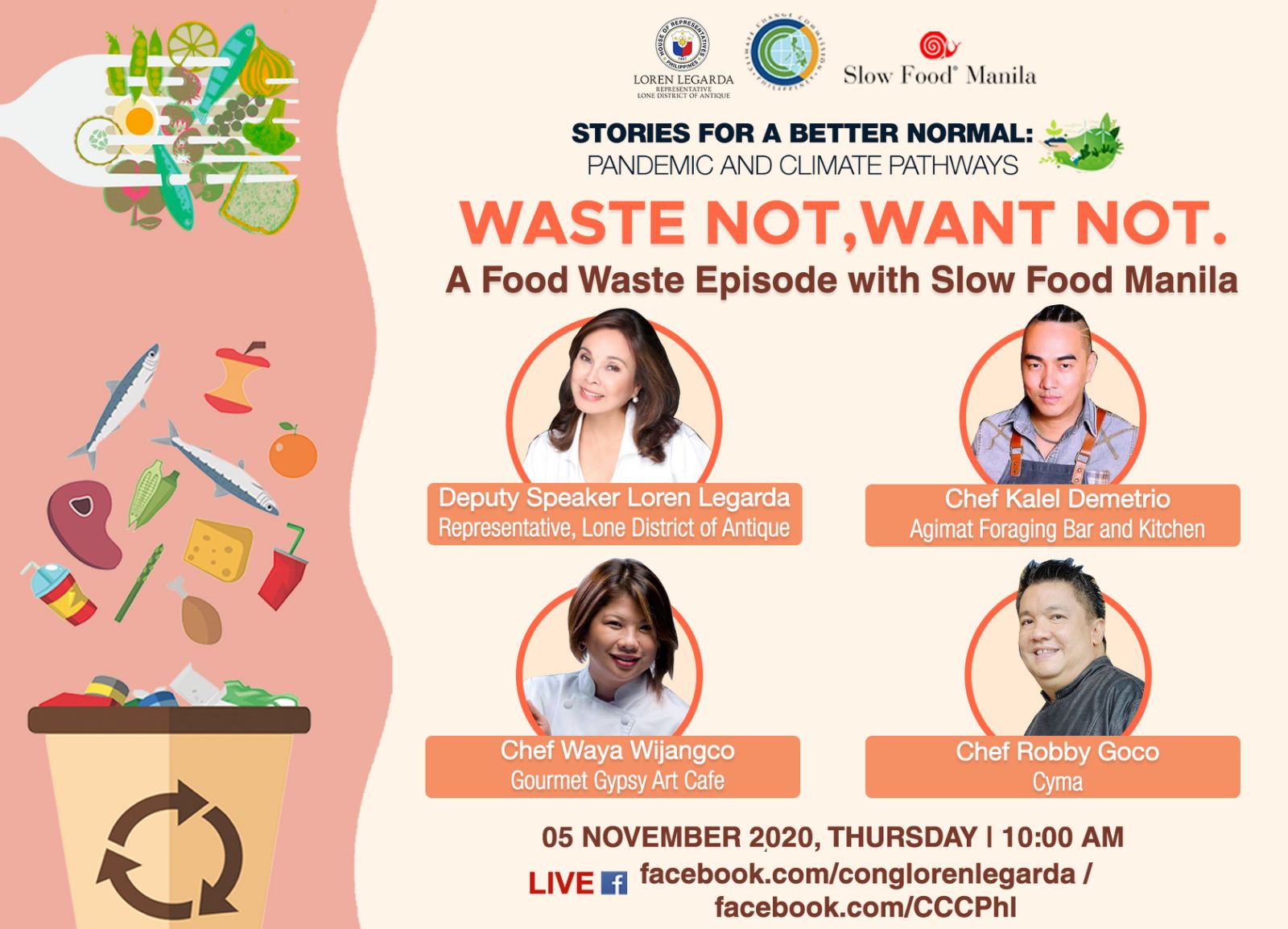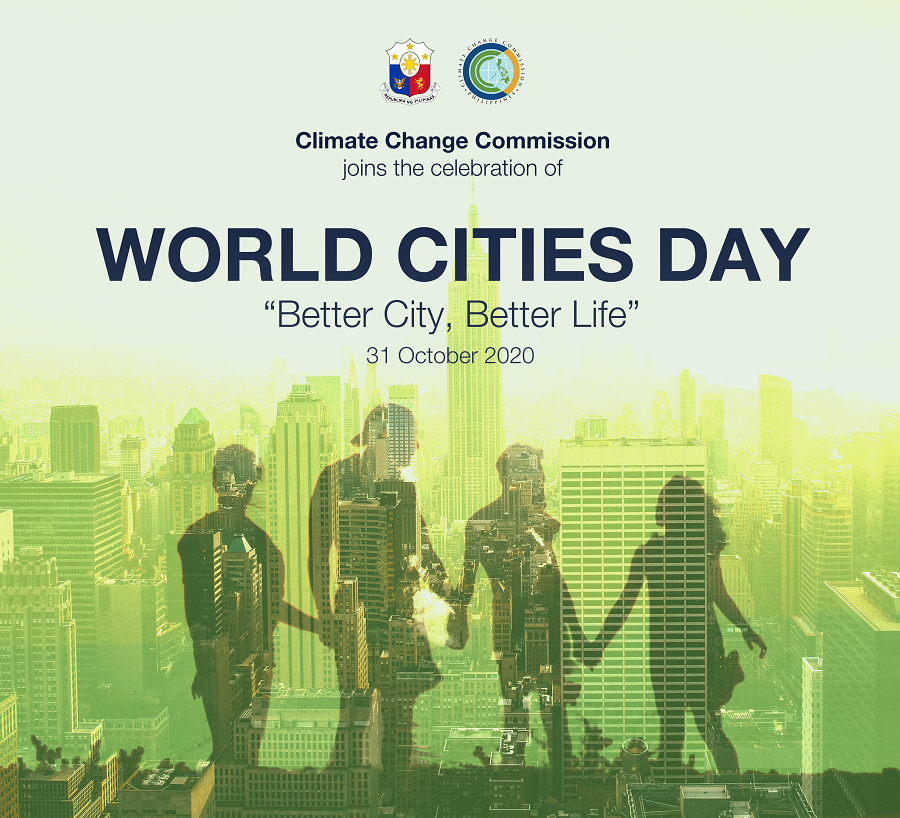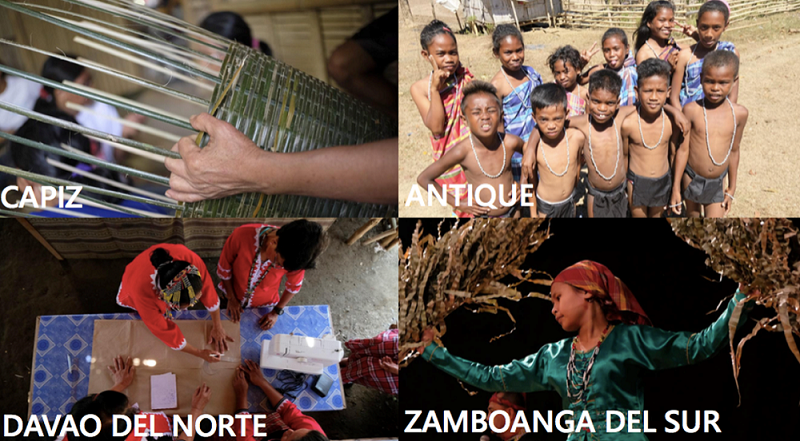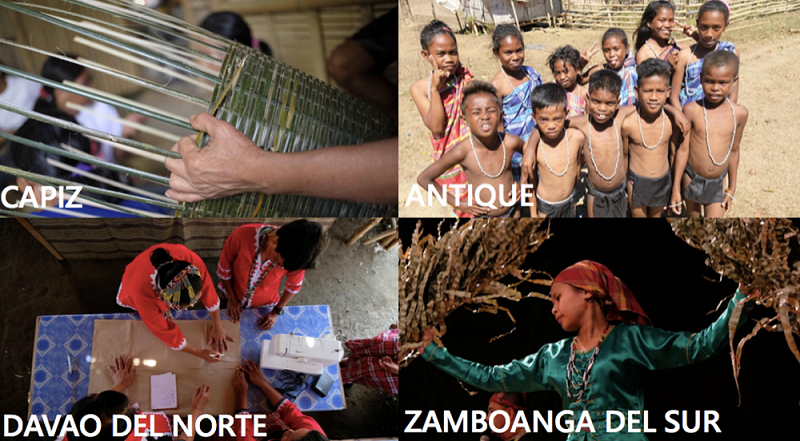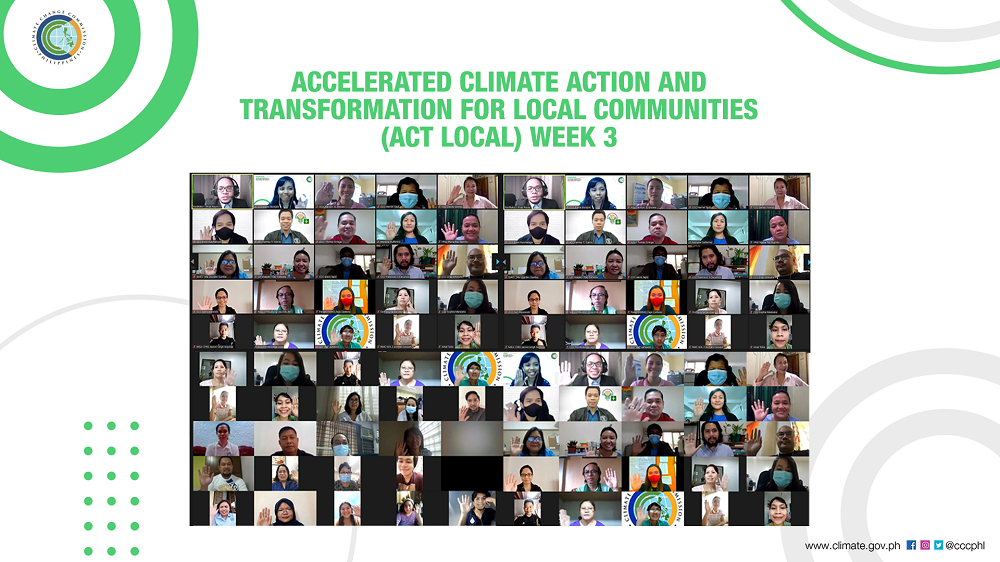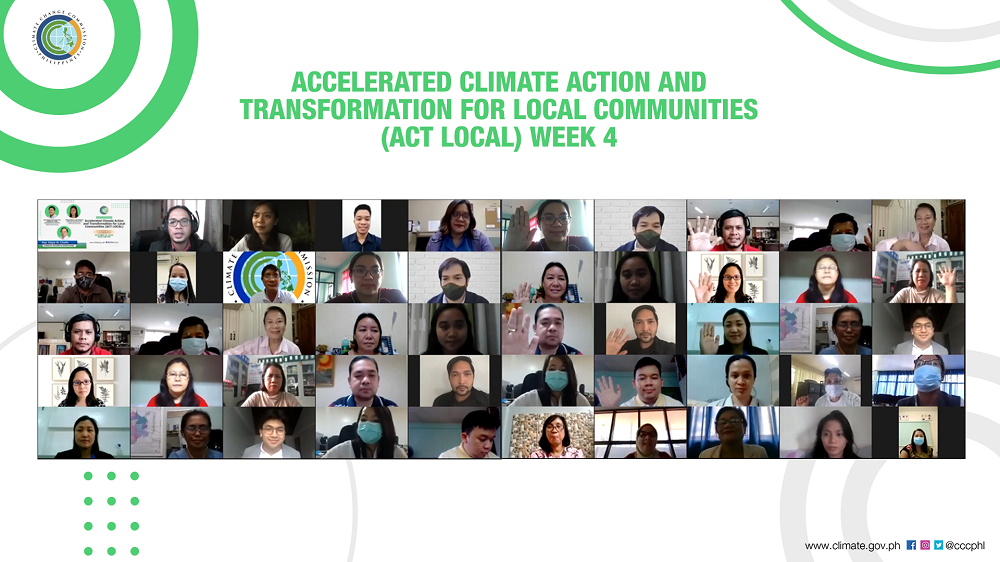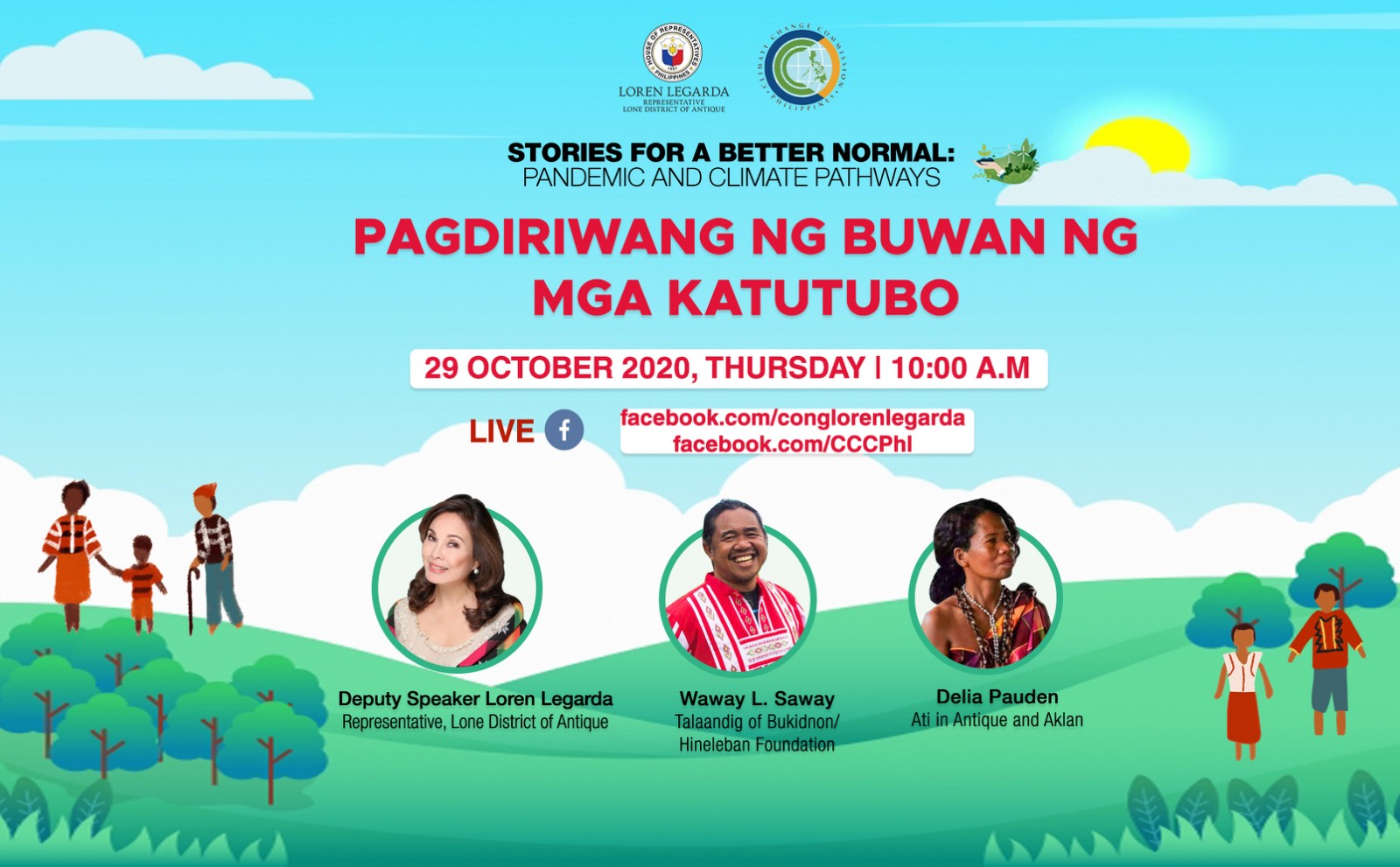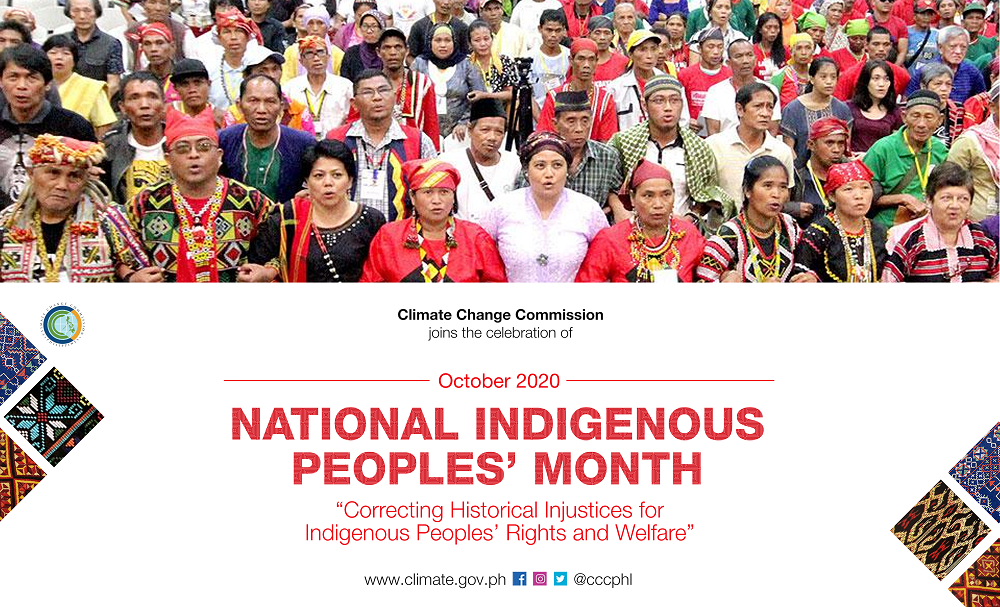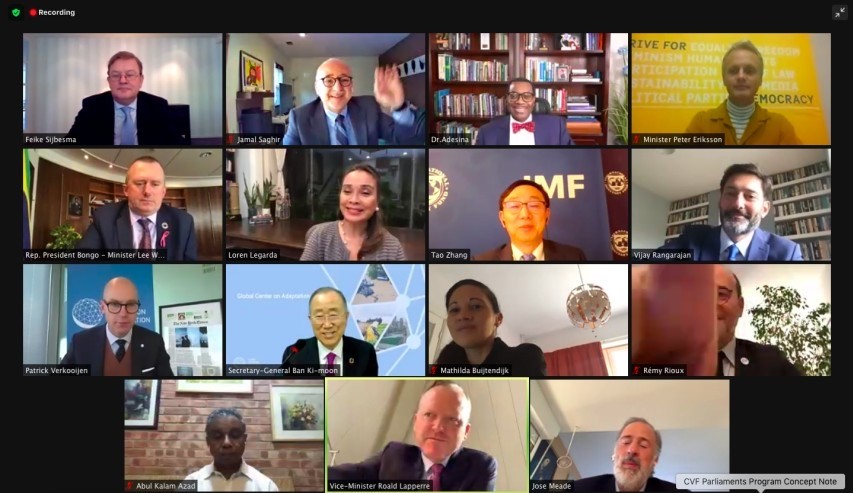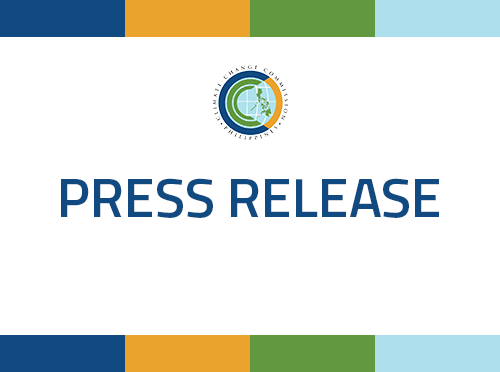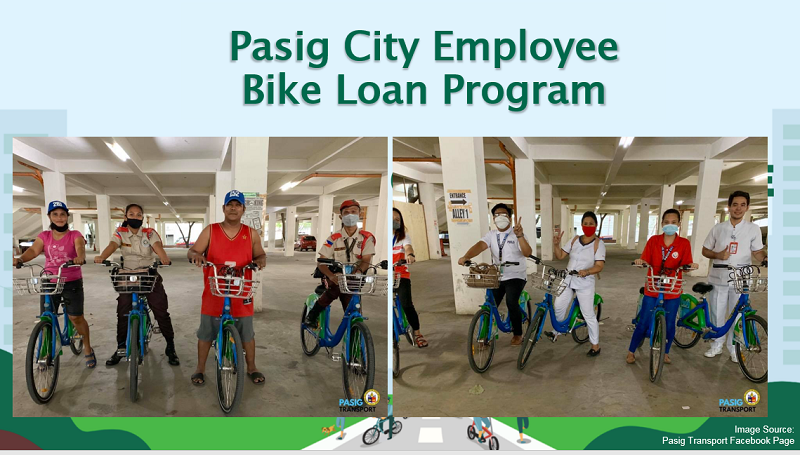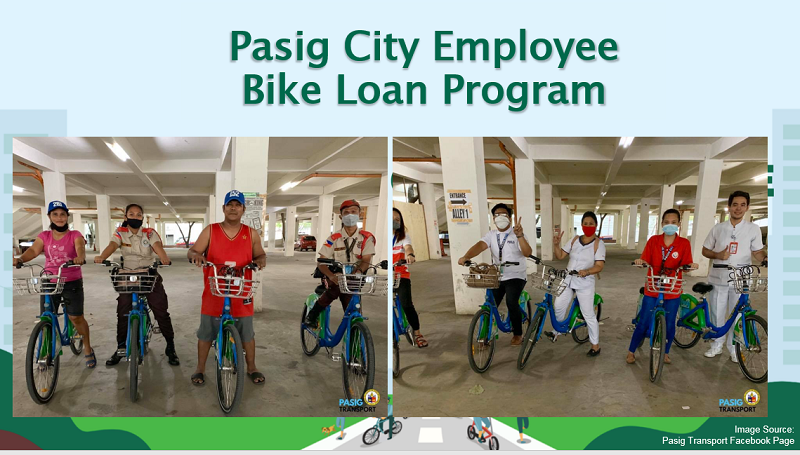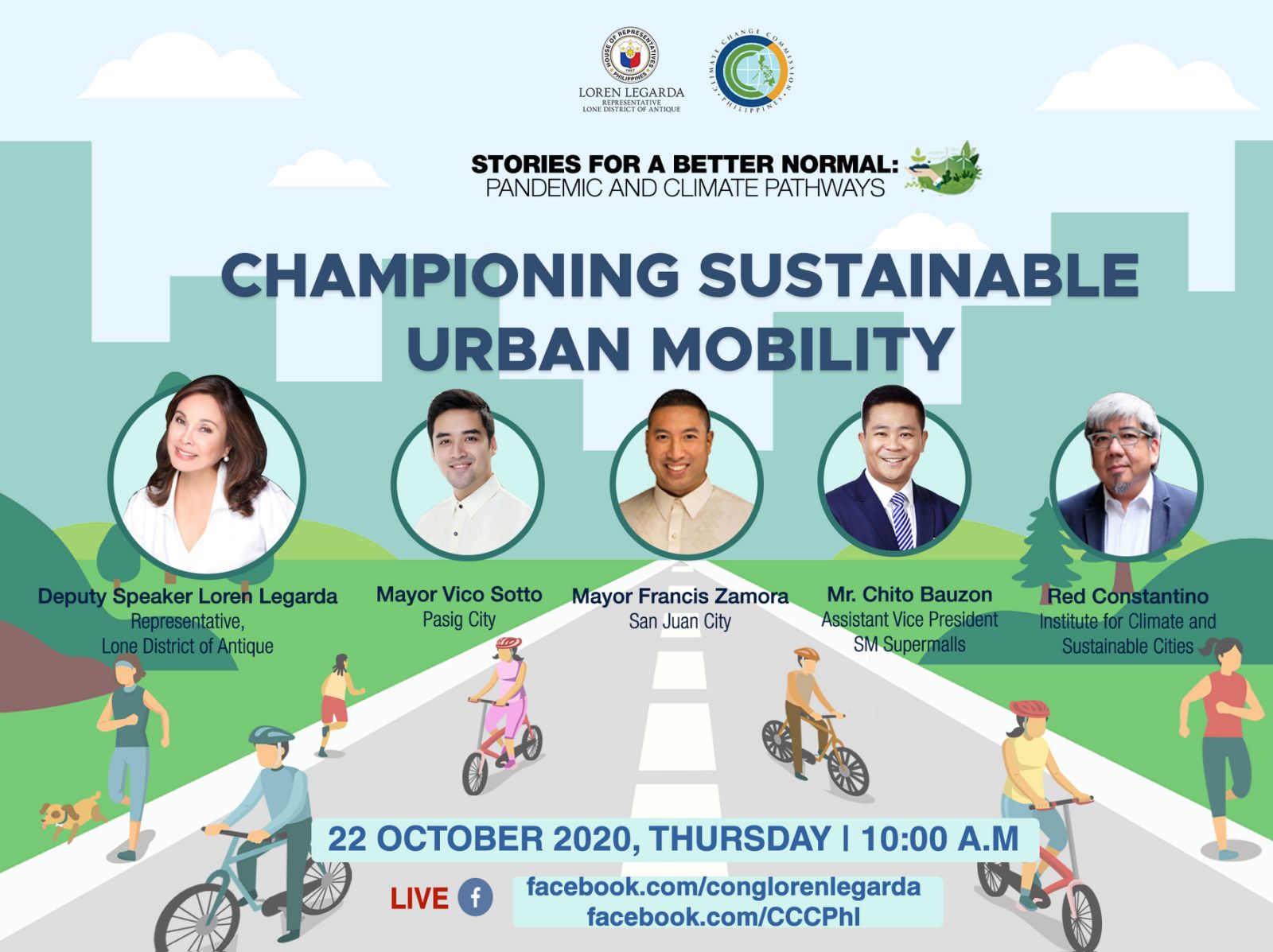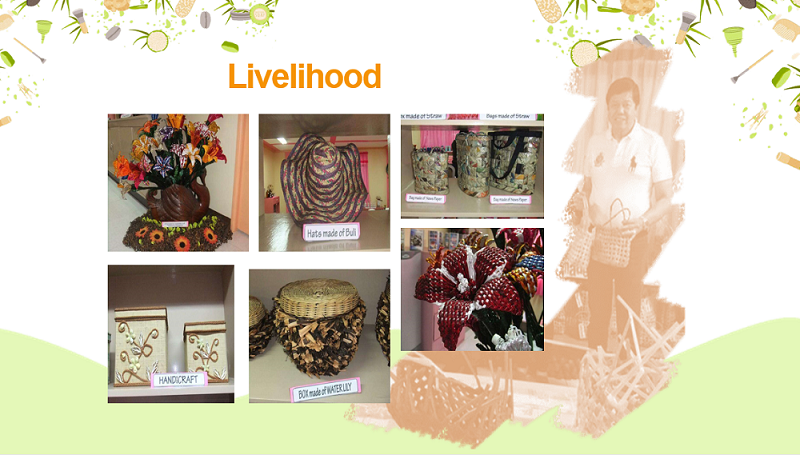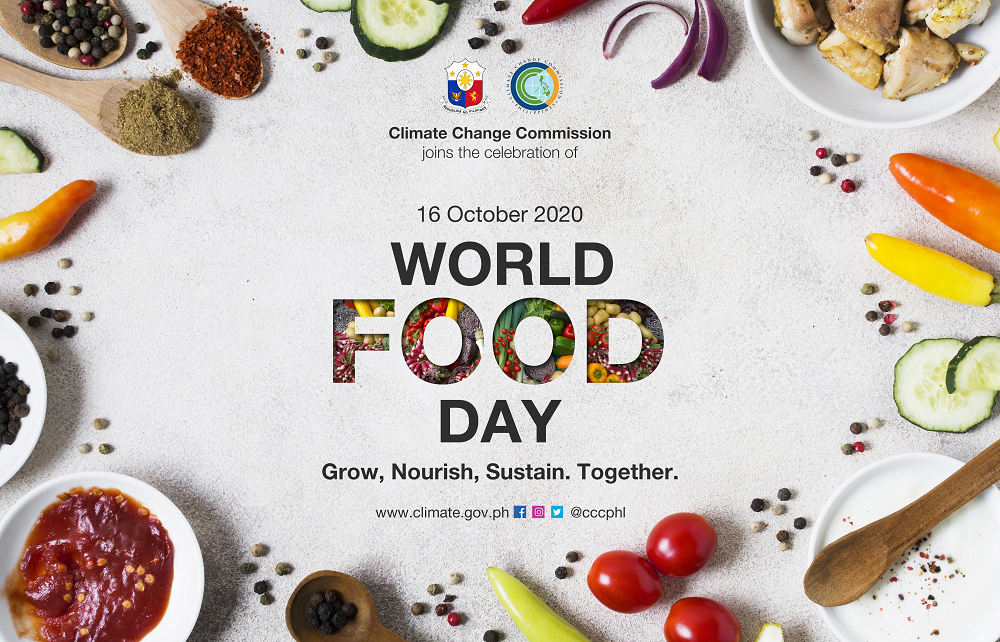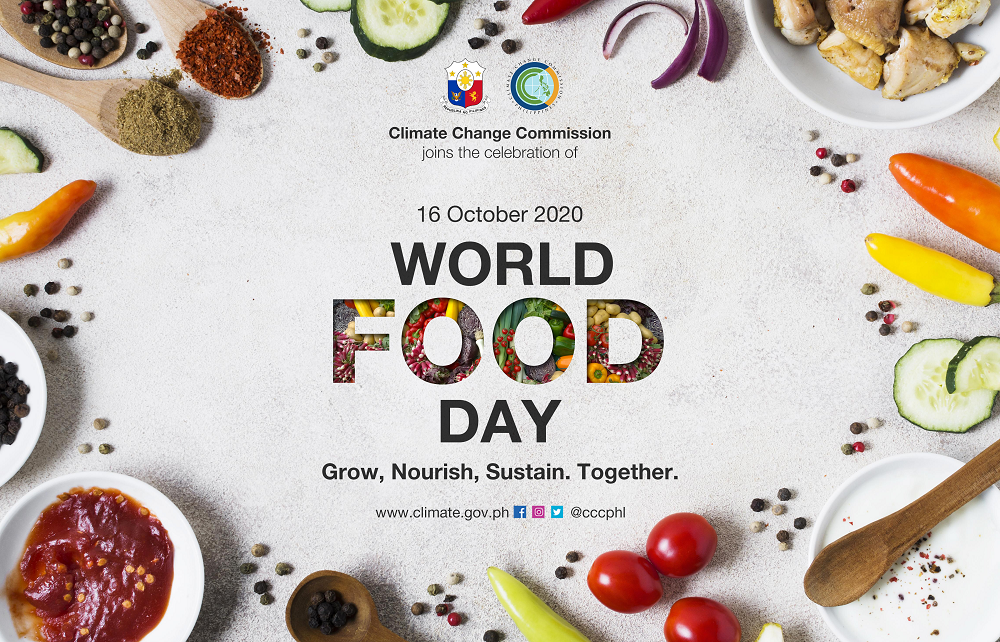MANILA, 23 October 2020 — Climate Vulnerable Forum (CVF) parliamentarian leaders are united in calling for more ambitious commitments ahead of the December 31 Midnight Deadline for nations to submit their updated Nationally Determined Contributions (NDCs).
CVF parliamentarians led by House Deputy Speaker and Antique Representative Loren Legarda; Speaker of the People’s Majlis of Maldives, H.E. Mohamed Nasheed; and President of the Inter-Parliamentary Union (IPU) and Chair of Parliamentary Standing Committee on the Ministry of Environment Forest and Climate Change (MoEFCC) of Bangladesh, Saber Chowdhury, convened yesterday in a meeting chaired by the CVF Presidency of Bangladesh Special Envoy, Abul Kalam Azad.
Also in attendance were Designated National Focal Points of the CVF Presidency of Bangladesh, Additional Secretary MoEFCC Shamim Razi, Director-General Nazrul Islam of the Ministry of Foreign Affairs; and Chair of the CVF Expert Advisory Group Dr. Saleemul Huq.
The meeting aimed to define efforts to accelerate formation of a supportive financing and regulatory environment to deliver a “Climate Prosperity” agenda from the CVF, and for policy de-risking for climate action. The launch of a South-South CVF parliamentary collaboration program which aims to enable parliamentarians from across the 48 CVF member-states to share valuable experiences and good practices on laws and policies in support of ambitious and urgent climate action to safeguard communities and progress towards the CVF’s “maximal resilience”, 100% renewable energy, and other goals, was also discussed.
The CVF also endeavors to secure greater commitments to action by bringing CVF parliamentarians worldwide together with the IPU, to open the possibility of having a beneficial collaboration with parliaments from non-CVF countries.
Deputy Speaker Legarda, the CVF Ambassador for Parliaments, lauded the initiative of Hon. Chowdhury for taking on the “ambition” task with CVF in 2020, and stressed the importance of the upcoming CVF-IPU collaboration in advancing the voices of the vulnerable nations and in pushing for the submission of enhanced NDCs before the year ends.
The Philippines early on communicated that it will submit its updated NDC alongside the country’s adaptation priorities. The process is facilitated by the Climate Change Commission, with active support from other government agencies and civil society.
Legarda also supported the creation of Climate Prosperity Plans to mobilize finance across a range of sources for CVF/V20 infrastructure and economic programs, to promote both robust socioeconomic progress and emissions reduction while building greater climate and disaster resilience.
She also emphasized that the CVF member-countries should share their respective enacted “best” laws which could also be adopted in other jurisdictions to increase ambition, promote tools and knowledge for adaptation, and increase the flow of international finance for climate action.
The Climate Vulnerable Forum is an international partnership of 48 developing nations most threatened by the global climate emergency. The current president of the CVF is Bangladesh, which took over from the Marshall Islands this year and will hold the presidency until 2022.
The CVF countries are Afghanistan, Bangladesh, Barbados, Bhutan, Burkina Faso, Cambodia, Colombia, Comoros, Costa Rica, the Democratic Republic of the Congo, Dominican Republic, Ethiopia, Fiji, The Gambia, Ghana, Grenada, Guatemala, Haiti, Honduras, Kenya, Kiribati, Lebanon, Madagascar, Malawi, Maldives, Marshall Islands, Mongolia, Morocco, Nepal, Niger, Palau, Palestine, Papua New Guinea, Philippines, Rwanda, Saint Lucia, Samoa, Senegal, South Sudan, Sri Lanka, Sudan, Tanzania, Timor-Leste, Tunisia, Tuvalu, Vanuatu, Viet Nam, and Yemen.
October 22, 2020 Thursday

